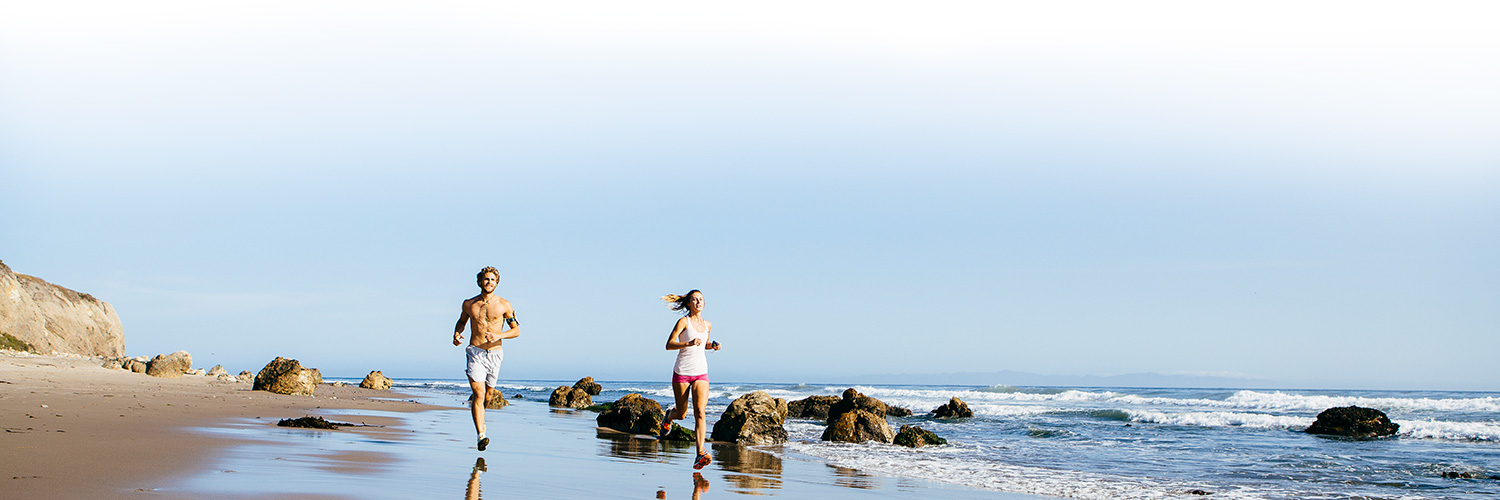Staying Safe
Alerts and Notifications
Your UC host campus will send alerts and notifications in the event of natural disaster or other catastrophic event. These messages are designed to get your attention. They will include the type and time of the alert, any action you should take, as well as the agency issuing the alert. Follow all instructions you receive during an emergency.
Campus Security Services
Each UC campus is like a small city and has its own police committed to making the University a safe place for you to study and live. In addition to campus police, safety escort services provide for another person to travel with you to your destination. Service officers are trained and in constant contact with the campus police. Escort is available to anyone and is encouraged if you are walking or biking alone.
UC campuses are a safe environment, however, no location is problem-free. Each individual in the community must be actively responsible for their own safety.
The following tips can help you stay safe:
- Firmly say "no" to any unwanted attention. A laugh, smile, or apology may diminish the message.
- Do not share contact information with strangers.
- Do not let anyone into your home that you do not know and trust.
- Be alert and aware of your surroundings.
- Travel with a friend or in a group.
- Avoid dark, vacant, or deserted areas; use well-lit, well-traveled routes.
- When needed, call the free campus security services. Authorized security officers will accompany you by foot or bike.
California is subject to fires, earthquakes and mudslides. Be prepared and follow recommended guidelines.
- Gather supplies
- Keep emergency supplies (e.g., medication, water) and important documents in one accessible place. Have alternative charging methods for devices that require power.
- Make a communication plan
- Who will want to be in touch with you if something happens? Make an emergency plan with your friends and family.
- After an emergency
- Check campus emergency alerts, local alerts and the media for information and instructions. Report your location and well-being to your home university and your family and friends. Respond to UCEAP check-in requests.
Natural Disaster Resources
Emergency Preparedness and Recommendations
Managing Stress about the Earthquake
State of California
Crime
The most common crime is theft. Reduce your risk of becoming a victim by taking a few simple steps:
- Do not leave your computer and other personal belongings unattended.
- Lock your doors and windows when leaving, even if just for a few minutes.
- Do not loan your keys to anyone and take your key with you when you leave, so roommates will not have to leave a door unlocked for you.
- Secure your bicycle wheels and frame to the bicycle rack with a U-lock. Park your bicycle only in areas designated for bicycle parking or it may be confiscated by security. Register your bike with the UC police department.
Clery Act Reporting
Under the Clery Act of 1998, the University provides an Annual Security Report on crime statistics to ensure UC students, prospective students, parents and employees have access to accurate information about crime committed on campus and campus security procedures. The University of California's University-wide Annual Report and Crime Statistics and the campus websites provide details and practical information to help you prevent and better respond in the event of a crime or public safety emergency.

